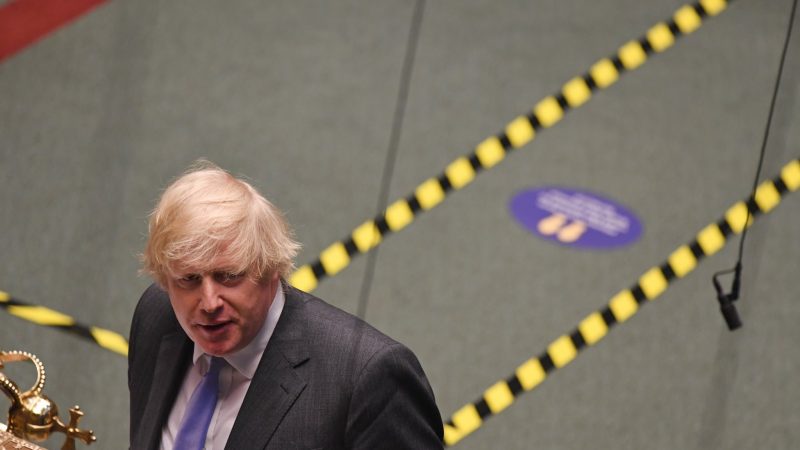
The Prime Minister has confirmed that pubs, cafes, restaurants, hotels, cinemas, museums, hairdressers and places of worship will be able to reopen from July 4th in England, and that the two-metre rule is changing to ‘one metre plus’. “Our long national hibernation is coming to an end,” he declared triumphantly. But health leaders have warned in an open letter that “local flare-ups are increasingly likely” and there is a “real risk” of a second wave. This group includes former chief scientific adviser Sir David King, who has described the easing of restrictions at this moment as “extraordinarily risky”.
Patrick Vallance and Chris Whitty hardly sound enthusiastic in their comments about the changes, and it is now routinely acknowledged that these are political decisions. There have been over 65,000 excess deaths since the coronavirus crisis hit the UK, according to the Office for National Statistics. The promised app that cost almost £12m has been abandoned, which means we are reliant on the manual aspect of the system. But test and trace is not properly functioning: figures show that one in four people who test positive in England are still not being reached. Local councils report that crucial data is not being shared with them, which means outbreaks could go undetected.
Labour mayor Andy Burnham has said that while he doesn’t “envy” the government, “they’ve taken some unnecessary risk here”. He also criticised the move to drop the daily 10 Downing Street briefings. As for trade unions, UNISON has cautioned that the easing “must happen safely”. GMB has warned of “unscrupulous bosses cutting corners”. The TUC has said the Prime Minister should pressure employers to publish risk assessments. Usdaw has opposed the distancing rule change and urged shops to stick to two metres. Unite has urged caution and again offered to deploy an “army” of health and safety reps.
Keir Starmer struck a different tone in his response. Noting that he would scrutinise the detail of the announcement and study the guidance, the opposition leader said: “Overall, I welcome this statement. I believe the government is trying to do the right thing. And in that, we will support them.” He stressed the risks of inaction and clarified his position on schools reopening: “The sooner, the better.” Labour left MPs such as Ian Lavery and Richard Burgon made their disagreement clear. But you don’t have to be secretary of the Socialist Campaign Group to wonder whether the Labour leader should have put forward clear caveats to his support for the easing of restrictions.
What are Labour’s demands right now? It wants a ‘back to work budget’, for the furlough scheme to be more flexible and for local councils to be better supported and integrated in the tracing system, among other things. These are all excellent steps for greater efficiency, but they hardly amount to an inspiring alternative vision for the country. As Labour for a Green New Deal’s Lauren Townsend reminds us, the government wants to borrow the ‘green industrial revolution’ framing, yet cannot be expected to implement the kind of transformation needed. Is this not the perfect time, when daily life has radically altered and priorities re-evaluated, for Labour to be pushing for fundamental change?
Sign up to LabourList’s morning email for everything Labour, every weekday morning.



More from LabourList
‘Labour must confront the crisis of first past the post before it’s too late’
Unite to debate affiliation with Labour Party at conference next year
Miliband tops LabourList Cabinet league table, with gender divide in PM approval